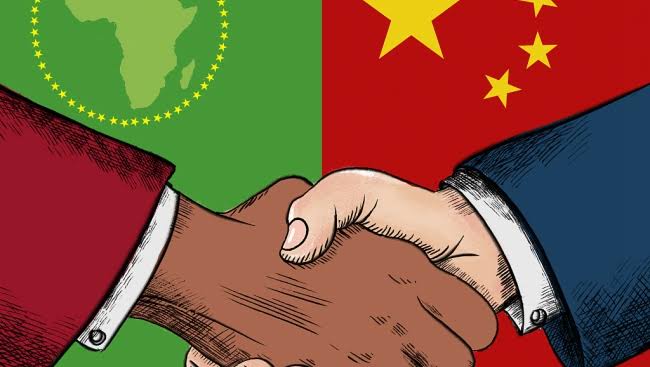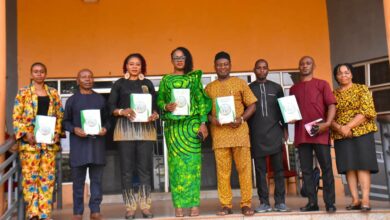China, AU Push for Global South Collaboration on Development Initiatives

The leadership of the People’s Republic of China, 53 African countries, and the African Union Commission (AU) have called for increased solidarity among Global South nations to foster a shared future for humanity.
The call was made during the 2024 Beijing Summit of the Forum on China-Africa Cooperation (FOCAC), held in Changsha.
Participants at the summit emphasised the need to strengthen collaboration by promoting high-quality Belt and Road cooperation and implementing the Global Development Initiative, the Global Security Initiative, and the Global Civilisation Initiative.
The summit resolved to fully implement the Beijing Declaration of jointly building an “All-Weather China-Africa Community with a Shared Future.” Both China and Africa, they noted, are key members and staunch forces within the Global South.
The rise of the Global South, the declaration stated, reflects the current global development trend and holds the promise of future growth. The proposed shared future initiative for a new era was highlighted as vital in safeguarding the solidarity of the Global South and defending multilateralism.
According to the representatives, increasing instances of unilateralism, protectionism, and economic coercion have significantly undermined economic and social development in African and other developing countries. These challenges, they said, have negatively impacted livelihoods and must be addressed urgently by Global South nations.
The Changsha Declaration specifically warned against attempts by certain countries to disrupt the international economic and trade order through tariffs, saying such actions threaten the common interests of the global community.
“Given that certain countries attempt to disrupt the existing international economic and trade order through tariffs, undermining the global common good, we call on all countries—particularly the United States—to return to the path of resolving trade disputes through consultation, based on equality, respect, and mutual benefit,” the declaration stated.
The representatives further urged the international community to prioritise Africa’s economic challenges, calling for increased development assistance to help improve livelihoods, reduce poverty, and accelerate socio-economic development.
African representatives commended China for its resolve in defending international equity and justice and for safeguarding the international economic and trade system. China, in return, lauded African nations for upholding the principles of sovereignty, equality, and justice, especially in the face of external pressures.
China stressed that unilateral concessions do not foster mutual respect and rejected the idea of compromises made at the expense of other countries’ interests.
The summit called on the global community to uphold *true multilateralism*—defined as inclusive dialogue, joint contributions, and shared benefits—and to firmly oppose all forms of unilateralism and protectionism.
The declaration stressed the importance of: Defending the United Nations-centred international system; Upholding the World Trade Organisation-centred multilateral trading system; promoting an open, inclusive, mutually beneficial, and balanced global economy
The China-Africa partnership also reaffirmed its commitment to sovereign equality, stating that all countries, regardless of size or strength, are equal members of the international community. The declaration pledged to safeguard each other’s legitimate rights, promote mutual understanding amid global instability, and maintain the China-Africa relationship as a model for sincere friendship and equality.
“We will unite to support and implement the vision of openness, cooperation, mutual benefit, and win-win outcomes, and remain committed to the six-point proposition on jointly advancing modernisation,” the declaration added.
It pledged to make solid progress in the implementation of the 10 Partnership Actions for Modernisation and support the Second Ten-Year Implementation Plan of the African Union’s Agenda 2063.
As part of these efforts, China expressed its readiness to sign a China-Africa Economic Partnership Agreement for Shared Development. This agreement would expand zero-tariff treatment to 100% of tariff lines for all 53 African countries with diplomatic relations with China, effectively all African nations except Eswatini.
For least developed countries (LDCs) in Africa, China promised additional measures beyond zero-tariff treatment, including improvements in market access, inspection and quarantine processes, and customs clearance. These steps are intended to enhance trade, boost technical training, and increase the promotion of quality African products.
China also committed to deepening cooperation in emerging sectors such as green industry, e-commerce, e-payments, science and technology, and artificial intelligence. It pledged to further strengthen collaboration in security, finance, and the rule of law to promote high-quality development of China-Africa relations.





